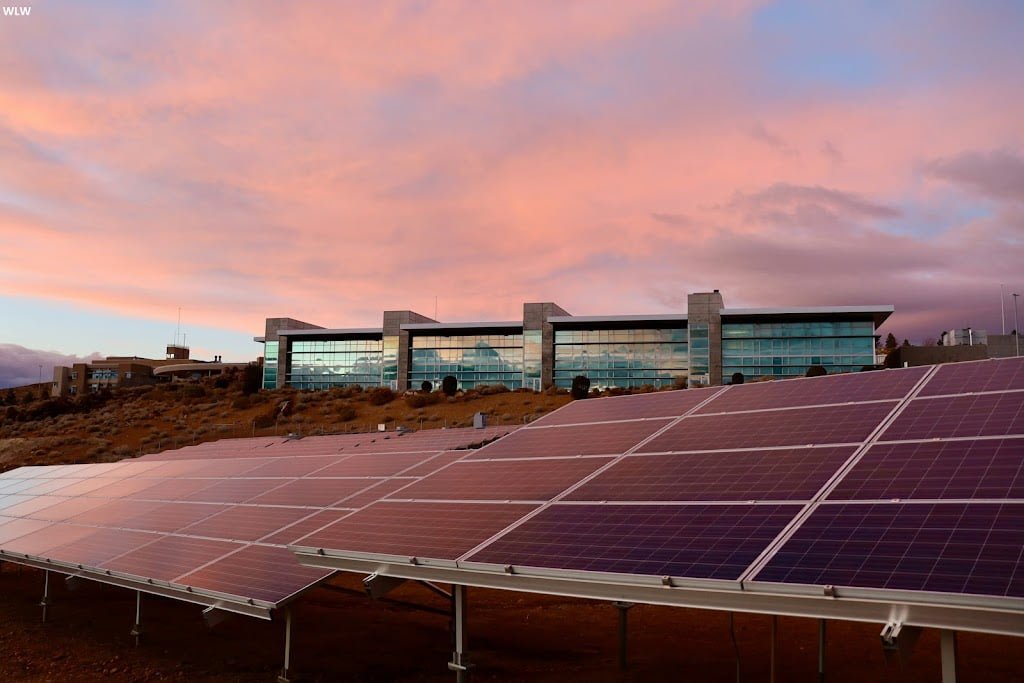By becoming a member of our site, you can add the content you like to your favorites, and present the content you have produced or liked on the internet to our site visitors with the send content option.
Zaten bir üyeliğiniz mevcut mu ? Giriş yapın
By becoming a member of our site, you can add the content you like to your favorites, and present the content you have produced or liked on the internet to our site visitors with the send content option.
You Can Benefit from All Options Exclusive to Our Members by Registering

Next Content:
Advancements in Solar Cell Technologies: Towards Efficient Photovoltaics
- Home Page
- #DigitalCommunication
- The Future of Work: Remote Collaboration and Digital Nomadism
The Future of Work: Remote Collaboration and Digital Nomadism

The traditional concept of work is undergoing a profound transformation, driven by technological advancements, changing attitudes towards work-life balance, and the global shift towards remote and flexible work arrangements. In this article, we explore the evolving landscape of work, focusing on the rise of remote collaboration and the emergence of digital nomadism as significant trends shaping the future of work.
Remote Collaboration:
Advancements in digital communication technologies have facilitated remote collaboration, allowing individuals and teams to work together seamlessly from different locations. Tools such as video conferencing, instant messaging, and cloud-based collaboration platforms enable real-time communication and collaboration, breaking down geographical barriers and fostering global teamwork.
Remote collaboration offers numerous benefits for both employers and employees. Employers can access a global talent pool, reduce overhead costs associated with office space, and promote diversity and inclusion in the workforce. Employees, on the other hand, enjoy greater flexibility, autonomy, and work-life balance, leading to increased job satisfaction and productivity.
However, remote collaboration also presents challenges, such as communication barriers, feelings of isolation, and difficulties in building trust and camaraderie among team members. To overcome these challenges, organizations must invest in robust communication strategies, establish clear expectations and goals, and cultivate a culture of trust and accountability.
Digital Nomadism:
Digital nomadism refers to a lifestyle that combines remote work with travel, allowing individuals to work from anywhere in the world while exploring new destinations and cultures. Enabled by technology and fueled by a desire for freedom and adventure, digital nomadism has gained popularity among professionals seeking flexibility and adventure in their careers.
Digital nomads leverage remote work opportunities to create a lifestyle that prioritizes experiences over possessions, freedom over routine, and personal growth over material wealth. They often gravitate towards destinations with a high quality of life, affordable living costs, and vibrant coworking communities, such as Bali, Chiang Mai, and Lisbon.
While digital nomadism offers unparalleled freedom and flexibility, it also poses unique challenges, including managing work-life balance, navigating visa and tax regulations, and maintaining social connections while on the move. Successful digital nomads cultivate habits and routines that support their productivity and well-being, such as setting boundaries between work and leisure, practicing mindfulness and self-care, and building a supportive network of fellow nomads and remote workers.
The Future of Work:
As remote collaboration and digital nomadism continue to gain traction, the future of work is likely to be characterized by flexibility, autonomy, and mobility. Organizations will need to adapt to this new reality by embracing remote work policies, investing in digital infrastructure, and reimagining the traditional office space to accommodate hybrid and distributed teams.
Moreover, governments and policymakers will need to address regulatory challenges related to remote work and digital nomadism, such as taxation, immigration, and social security, to support the growing workforce of remote and location-independent professionals.
Overall, the future of work promises exciting opportunities for individuals to design careers that align with their values, aspirations, and lifestyles, while also posing new challenges for organizations, governments, and society as a whole. By embracing remote collaboration and digital nomadism, we can create a more flexible, inclusive, and sustainable future of work that empowers individuals to thrive in the digital age.
We offer our respects and wish you a good reading. – Who Learns What? Team!
Dont forget the comment here mate! 🙂 you can connect us!
- On-Site Comments




























